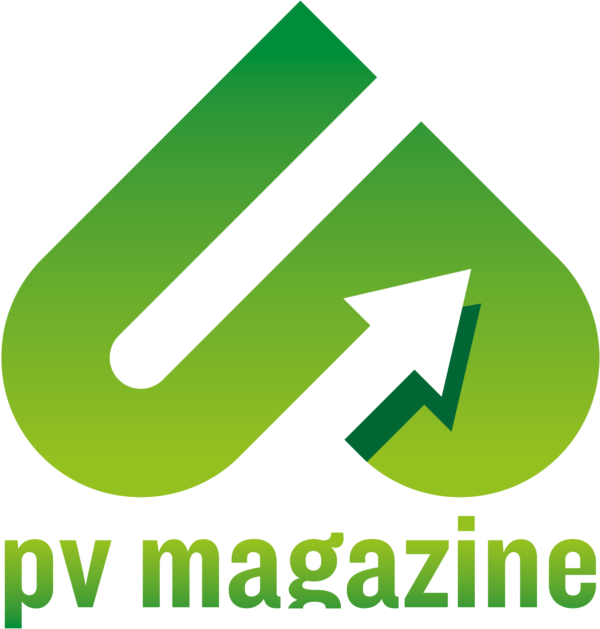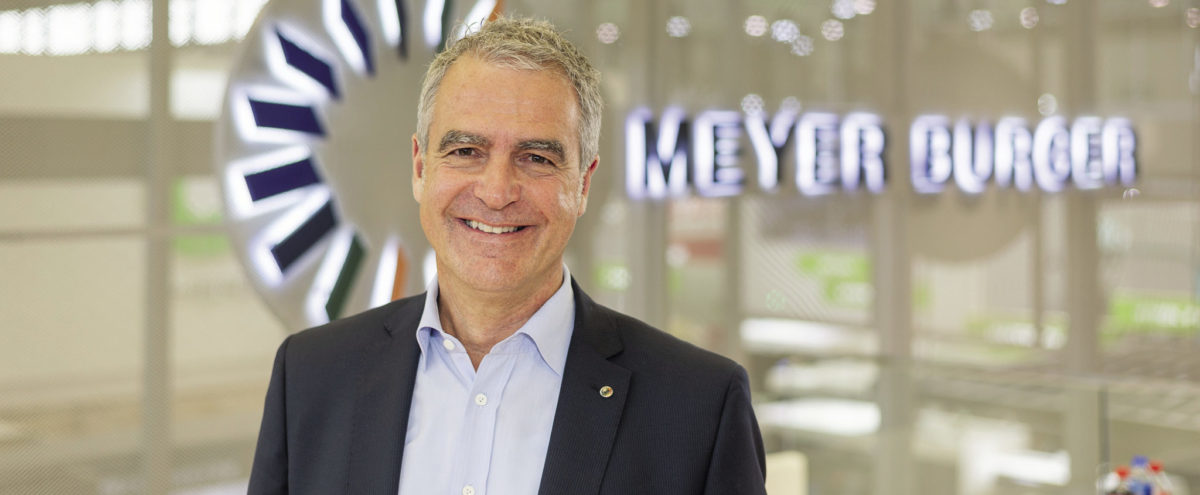Swiss solar production line equipment maker Meyer Burger has announced the second of a planned series of orders from Anglo-German perovskite cell manufacturer Oxford PV.
Thun-based Meyer Burger yesterday said the latest order, for heterojunction (HJT) manufacturing equipment, is worth around CHF18 million.
Oxford PV, a company spun out of Oxford University in the U.K., intends to have a 250 MW production line for high-efficiency perovskite-on-silicon tandem solar cells in Brandeburg an der Havel, Germany, by the end of next year. It is expected the top-end products will offer conversion efficiencies beyond 30%, according to Meyer Burger.
Oxford PV today said it now has all the orders in place for its initial, 125 MW perovskite-on-silicon solar cell manufacturing line.
The first, 100 MW HJT line order from Oxford PV was placed in early August and Meyer Burger yesterday revealed that shipment was worth CHF20 million.
The Swiss equipment maker has been suffering from ever tighter margins and loss of market share in China, the world’s biggest solar marketplace, and is placing its bets on high-end PV manufacturing in Europe after abandoning plans to relocate significant parts of its operations to the Far East.
Building sale
The strategy has not been without its critics with rebel shareholder group Sentis Capital having made repeated calls for a change in personnel at the top of the company.
The financial bind Meyer Burger is in was further emphasized today by the announcement the company has completed a previously trailed deal to sell its headquarters building in Gwatt, in Thun.
Under the terms of a deal signed with investment group Helvetica Swiss Commercial Fund yesterday, the buyer will hand over CHF31 million of an agreed CHF42.5 million purchase price immediately, of which Meyer Burger will retain CHF19 million after settling its mortgage. Helvetica Swiss will then pay the balance over the next five years, giving the seller a much-needed extra revenue stream.
Meyer Burger will remain as tenant in its 4,400m2 of the 22,900m2 building and the company added the sale is contingent upon the city of Thun not acting upon its right of first refusal to purchase the offices instead of Helvetica Swiss.
Time to step UP
 pv magazine is investigating the use of lead, a highly toxic material, in solar module manufacturing as part of our UP campaign focusing on sustainability across the renewable energy industry. The use of lead in perovskite solar cells is a divisive issue. Should manufacturers use alternative materials, possibly at huge commercial risk, or is lead a necessary evil in the high efficiency solar modules required to attempt to mitigate catastrophic climate change in the short time we have left to do so?
pv magazine is investigating the use of lead, a highly toxic material, in solar module manufacturing as part of our UP campaign focusing on sustainability across the renewable energy industry. The use of lead in perovskite solar cells is a divisive issue. Should manufacturers use alternative materials, possibly at huge commercial risk, or is lead a necessary evil in the high efficiency solar modules required to attempt to mitigate catastrophic climate change in the short time we have left to do so?
Keep an eye out for the October print edition of pv magazine for an update on how lead is used in perovskite solar cells.
This content is protected by copyright and may not be reused. If you want to cooperate with us and would like to reuse some of our content, please contact: editors@pv-magazine.com.




It is always sad when Organizations shutdown (people loose jobs)… or changes at the top are made to “save the organization and bring in new blood” etc….
In the case of the PV Industry… efforts to save (Si) material… improve Efficiency etc… are truly commendable… but as an Electrical Engineer with 50 years experience… the end product…. is Electricity…. NOTHING MORE… NOTHING LESS … and buyers have no reason to pay any premium between manufacturers that meet baseline performance parameters.
Only those organizations that can “fight the tough war” of the marketplace will hope to survive… in the long term.
Not sure if the focus, in this case, Meyer Burger, was to provide minimal cost for required quality or too much effort was exhausted in looking for the “next breakthrough/technology.
This brings to my mind… Rolls-Royce Limited that made wonderful products…. Engines and Automobiles for 70 years but then “went under” …. unable to “fight the tough war” of the marketplace.
The cost of PV Panels in a PV System has been dropping… rapidly and now is overshadowed by other costs…. Structures, Licensing/Land, Cabling, Charger/Inverters, Labor… etc..
PV Panel manufacturers who provide features that will help reduce TOTAL SYSTEM COST… will “win the tough war”…. just technology will not be enough…. maybe this is the lesson here from Meyer Burger.